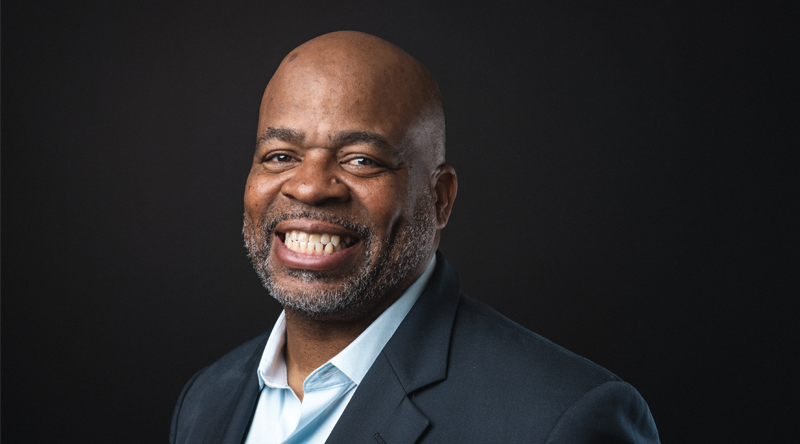Technology – A Spark of Hope and Connection, Helping the Incarcerated Reframe Their Journey
By Andre Norman
Before my 25th birthday, I found myself facing a daunting prison sentence of over 100 years. No, don’t pity me. I worked hard for it and ultimately earned that prison sentence. And although I was terrified entering that prison on day one, seeing familiar faces from my childhood on the inside, made for a welcoming transition. I felt right at home and quickly realized I was “good” at being the ‘prison guy.’ I was committed to the violent underworld of prison life, a path that appeared to be my destiny. As anticipated, this lifestyle eventually landed me in solitary confinement for two long years.
However, it was in the isolation of that solitary cell that I experienced a profound transformation. I had an epiphany that changed the course of my life. I made a conscious decision to shift from an endless life sentence to a fresh start. Over the next eight years, I embarked on a seemingly impossible journey of self-improvement. When most people in my situation would have settled for even the slightest chance of freedom, I decided I wanted SUCCESS.
I began by teaching myself to read, delved into understanding the intricacies of the law, and actively participated in anger management. I eventually overturned my case and was paroled after serving 14 years. I channeled my energy into mentorship and began sharing my story of transformation with incarcerated individuals nationwide. I hoped that my experiences would resonate with those who, like me, had walked in the same shoes.
In 2020, I published my book, “Ambassador of Hope” to help others transform poverty and prison into a purpose-driven life. Today, I continue this vital work, spreading a message of hope to the nearly two million people within America’s correctional facilities. Technological advancements have allowed me to reach a broader audience, and I firmly believe that the increasing availability of technology within correctional facilities is a game-changer for the entire corrections community.
In prison, our communication was limited to phone calls and in-person interactions, and resources such as libraries and mental health support were often stretched thin. While prison ministries made a difference, they couldn’t fill all the gaps.
Technology has emerged as a powerful tool for change. It offers more choices, connects more voices, and creates better environments for reentry. Importantly, secure technology in prisons doesn’t replace the human touch; instead, it facilitates connections, education, and engagement. Secure tablets, for example, enable us to share success stories, tools, and capabilities with hundreds of thousands of individuals simultaneously, making a significant impact on their rehabilitation and reentry prospects.
Consider the simple act of communication with loved ones. In the past, making a phone call from prison meant standing in line for an hour, hoping that your family member would be available to accept the call. Today, secure tablets allow for daily text and e-messages, to connect with family, and access to educational courses and job training materials. These tablets become a lifeline for the incarcerated, helping them rebuild their lives from day one.
My podcast, “Second Acts,” is a testament to the transformative power of technology. Through collaborations with various departments of corrections, I can deliver a message of violence prevention and motivation for self-improvement to every cell, giving individuals like me a glimmer of hope.
Such initiatives are flourishing thanks to public-private partnerships. Companies like Aventiv Technologies are pioneering modern technology in correctional facilities across the nation, bridging the divide and providing incarcerated individuals with the tools they need to prepare for reentry, reduce recidivism, and improve our communities.
The difference that technology can make in the lives of incarcerated individuals and in reforming a broken justice system cannot be overstated. By eliminating digital deserts within correctional facilities, technology empowers individuals to tap into their potential and transition from despair to hope. It has allowed me to reach a broader audience behind bars with the lessons I’ve learned, making my podcast one of the most listened-to pieces of content.
Sometimes, all it takes is a spark to ignite an epiphany, and technology has become that spark for many individuals within the correctional system.
Andre Norman, known as “The Ambassador of Hope,” is a published author, the founder of The Academy of Hope, a violence reduction prison-based program, and a member of Aventiv Technologies’ Advisory Board
The views and opinions expressed here are those of the author and do not necessarily reflect the policies or positions of Correctional News or Emlen Media.

